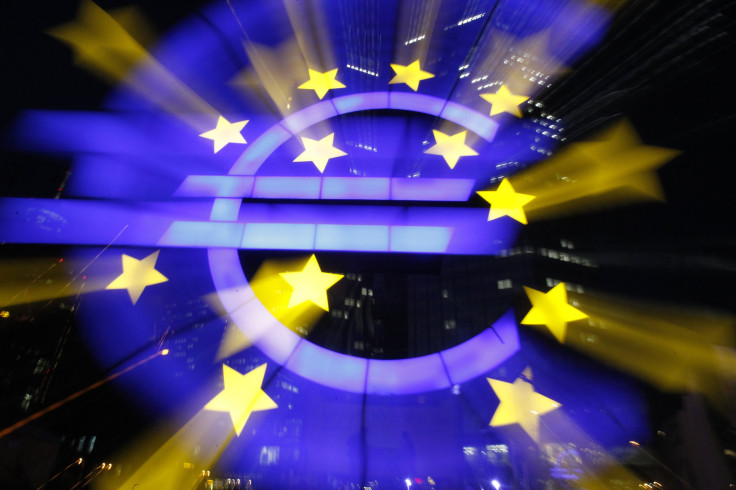EU: Europe's Recession Worse Than Feared

Europe is facing a deeper-than-expected recession in 2012 as it continues to deal with a difficult post-financial crisis correction, which bears heavily on the region’s economic growth and employment performance, the European Union warned.
The European Commission, the executive arm of the EU, on Wednesday downgraded many of the growth projections it made for the 27-country bloc in May, saying that it now expected gross domestic product to contract by 0.3 percent on an annual basis this year, rather than remaining flat.
Some of Europe's biggest economies, including France and Spain, could also miss their budget deficit targets for next year.
“The aggravation of the sovereign-debt crisis in the first half of the year, with rising market concerns about the long-term viability of the euro area and negative feedbacks between banks' funding pressures and economic activity, and to a lesser extent the unexpected slowdown in non-EU GDP growth and global trade, are the main reasons for the disappointing growth performance in 2012, " the commission said.
Official third-quarter GDP figures for the EU and the euro zone are scheduled to be released on Nov. 15.
While the commission expects the 17 countries that use the euro to avert a technical recession – defined as two consecutive quarters of negative growth – the overall economy in the euro area will still shrink 0.4 percent in 2012, ending a two-year expansion.
Although a return to growth is projected to take root in 2013, the recovery is now expected to be “very modest,” with only a 0.1 percent uptick in the euro area. That’s much lower than the 1 percent growth the commission had expected in spring.
The report also suggests that unemployment is expected to peak at 11 percent in the EU and 12 percent in the single currency bloc in 2013, before falling back slightly in 2014.
“Bold reforms are needed to prevent a prolonged period of high unemployment, which would bring social hardship and a destruction of human capital detrimental to longer-term growth.” the commission said.
The euro zone has made progress this year toward resolving its debt crisis, but German Chancellor Angela Merkel still believes it will take at least another five years before the euro zone can operate at its full potential again.
Merkel told a regional meeting of her Christian Democratic Party last Saturday that “whoever thinks this [crisis] can be fixed in one or two years is wrong."
“We need a long breath of five years and more,” she added.
The commission halved its 2013 growth forecast for Germany, citing weaker export demand. Europe’s largest economy is now expected to grow only 0.8 percent next year, compared with a predicted growth of 1.7 percent back in May.
Germany cannot remain unscathed from euro zone woes and the economy is showing increasing signs of weakness.
Business confidence fell for a sixth straight month in October to hit its lowest level in almost three years and the unemployment rate rose from a two-decade low.
Wednesday’s worse-than-expected September industrial production figure also suggests that Germany’s growth engine appears to be sputtering, if not in reverse.
Jonathan Loynes, chief European economist at Capital Economics, said in a note that the data is "clear evidence that the euro zone economy has entered the final months of the year in a woefully weak state."
Meanwhile, the commission forecast that France's economy will grow at half the pace the government was predicting in 2013 and Italy’s economy will contract 0.5 percent next year after a 2.3 percent recession in 2012.
Spain, already receiving a bailout for its banking sector, would likely miss its budget deficit targets badly. The commission looks for Spain's economy to contract 1.4 percent in this year and next and said the unemployment rate will peak at 26.6 percent in 2013.
© Copyright IBTimes 2024. All rights reserved.












